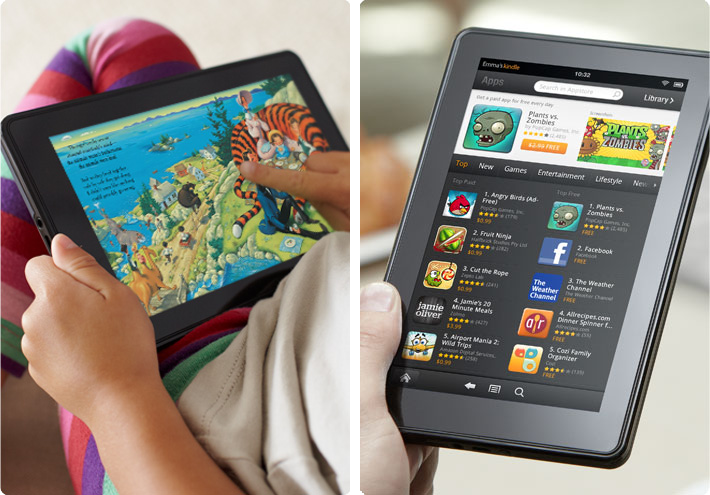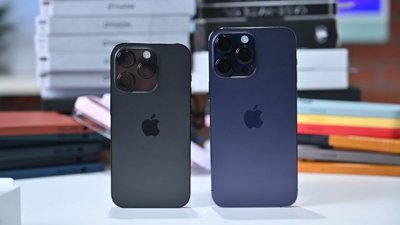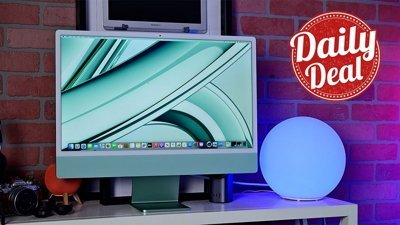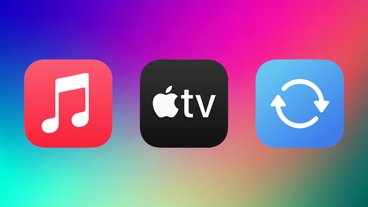Briefly: Chinese App Store; Kindle Fire costs; Motorola stockholders
App Store China
The Cupertino, Calif., company published a support document on Thursday detailing how to set up Chinese bank cards to use Chinese Yuan to pay for its application store. Previously, the Chinese version of the App Store only accepted credit cards that could pay in U.S. dollars.
Unlike the App Store in the U.S., the Chinese App Store allows customers to use their bank cards to top up their accounts in preset amounts. The system resembles common prepayment methods in the country for services such as mobile phone service and public transportation.
Penn Olson reports that the move is also an attempt to curb piracy and "black cards," or temporary iTunes accounts set up using hacked credit card accounts. Apple in the past has struggled to fight fraudulent iTunes accounts in China. In 2009, a number of iTunes gift cards surfaced online after Chinese hackers cracked the iTunes gift card algorithm.
Apple first launched its Chinese Online Store and App Store last October. The company has seen storied growth in the country, which became Apple's second-largest market as of last quarter.
Kindle Fire cost
IHS iSuppli has conducted a teardown analysis of Amazon's Kindle Fire tablet that appears to confirm suspicions that the company is selling the device at a loss, AllThingsD reports. Analyst Andrew Rassweiler oversaw the breakdown, which pegs the Fire's costs at $201.70.
In an effort to achieve aggressive pricing on the tablet, Amazon has cut a few corners to reduce the cost, the report noted. A cheaper wireless chip and the lack of Bluetooth and a camera contribute to these savings.
“All the choices have been made here to minimize the hardware cost,†Rassweiler said. “We expected to see a certain wireless module that’s commonly been seen in other tablets, and we were surprised that it wasn’t there. There was a cheaper one with fewer features that saved them a few bucks.â€
A separate teardown of the Kindle Fire earlier this week uncovered the fact that the device is powered by the Texas Instruments OMAP 4430 processor.
Amazon is looking to make back money lost on hardware through content sales, a strategy counter to Apple's own, which is based around breaking even on selling content such as music, videos and applications in order to sell hardware.
According to one analyst, Amazon will lose as much as $50 per Kindle Fire sold. Such losses will, of course, have an effect on the company's bottom line, as it expects to lose as much as $200 million next quarter.
Motorola Mobility
Motorola Mobility stockholders voted to approve Google's $12.5 billion acquisition offer on Thursday at the company's stockholder meeting, with the merger received the overwhelming majority of stockholder's votes.
"We are pleased and gratified by the strong support we have received from our stockholders, with more than 99 percent of the voting shares voting in support of the transaction," said Sanjay Jha, Motorola's chairman and CEO. "We look forward to working with Google to realize the significant value this combination will bring to our stockholders and all the new opportunities it will provide our dedicated employees, customers, and partners."
Google and Motorola announced the merger in August. The deal largely came about as a defensive measure against patent threats to Google's Android mobile operating system, though Google has said that its interest in Motorola was for "more than just patents."
In addition to stockholder approval, Google still needs to gain regulatory approval for the deal. Motorola said on Thursday that, due to the schedule of regulatory filings, the merger is expected to be finalized in early 2012. The companies had previously stated that the deal might go through as early as the end of 2011.
 AppleInsider Staff
AppleInsider Staff












 Marko Zivkovic
Marko Zivkovic
 David Schloss
David Schloss

 Malcolm Owen
Malcolm Owen

 William Gallagher
William Gallagher
 Mike Wuerthele
Mike Wuerthele
 Christine McKee
Christine McKee







